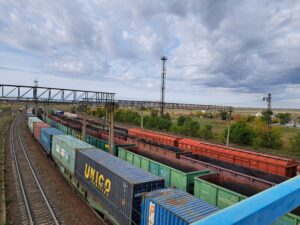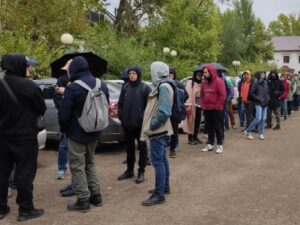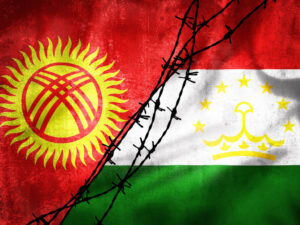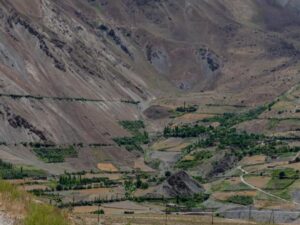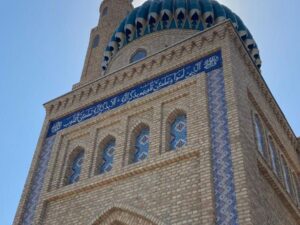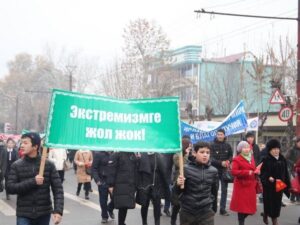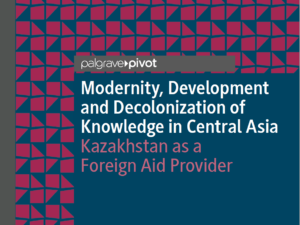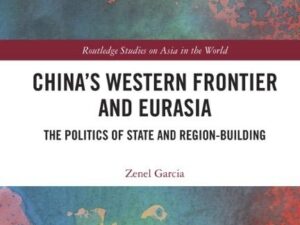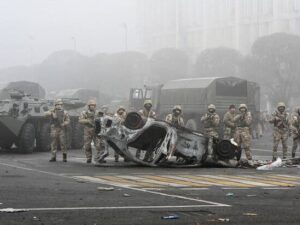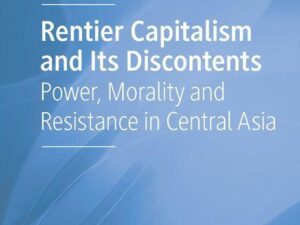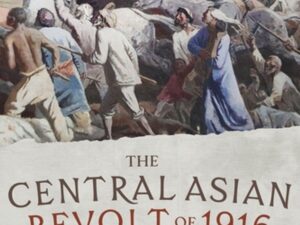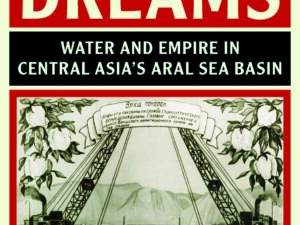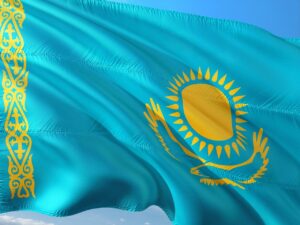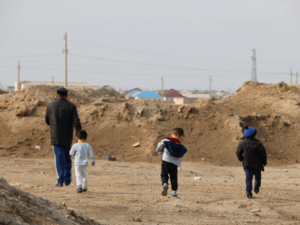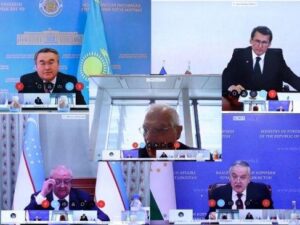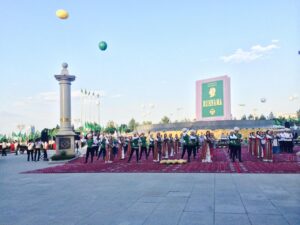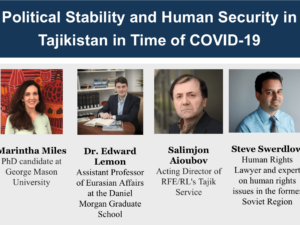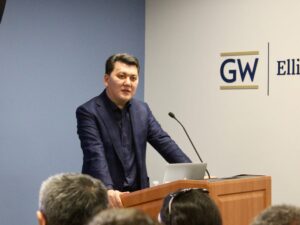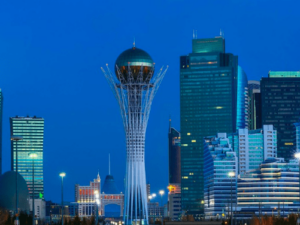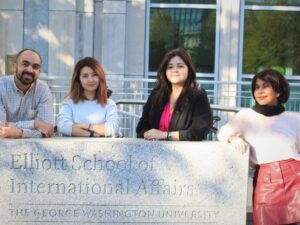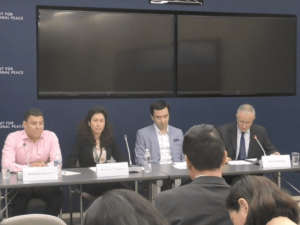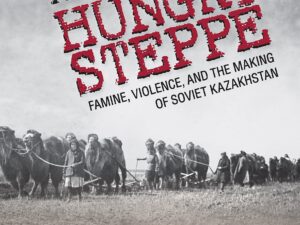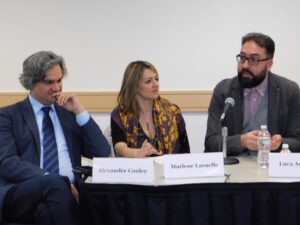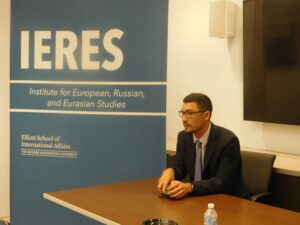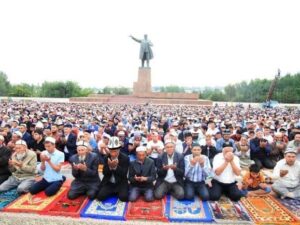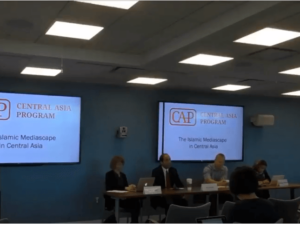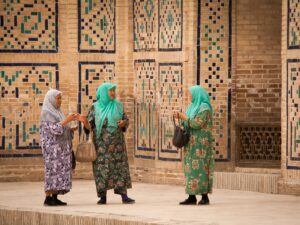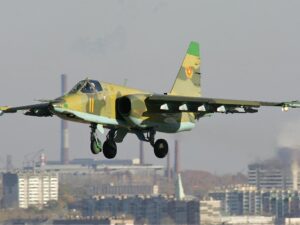
- This event has passed.
Re-imagining “post-Soviet” Central Asia: The role of the GCC and articulating geopolitical identities through capital cities.
21 November, 2014 @ 4:30 PM - 6:00 PM

With Natalie Koch,Maxwell School of Citizenship and Public Affairs, Syracuse University
In the newly independent states of Central Asia, geopolitical practices and affinities cannot be understood in isolation from their Soviet heritage. However, after nearly 25 years since the collapse of the USSR, this near-automatic explanation of contemporary politics in terms of Soviet legacies is no longer sufficient for understanding Central Asia’s shifting geopolitics. In this paper, I analyze how geopolitical identities are narrated through urban development schemes in Astana, Baku, and Ashgabat – and in particular how they are increasingly connected to new flows of actors, ideas, and finance from the states of the Gulf Cooperation Council (GCC). Adopting a critical geopolitics approach, I compare and contrast elements of these capital city development schemes in Kazakhstan, Azerbaijan, and Turkmenistan with those in Qatar, Bahrain, Saudi Arabia, and the United Arab Emirates. Through this comparative analysis, I demonstrate how region-making and geopolitical orientations unfold not just at the level of rhetorical positioning, but can also develop through the material practices of cross-regional networks around highly specific political tactics, like capital city development. Also considering divergences, I note that although the urban landscapes these tactics materialize are very similar, there are important differences in the underlying political geographic and political economic factors that makes them possible, as well as the political relations they sustain and produce.




